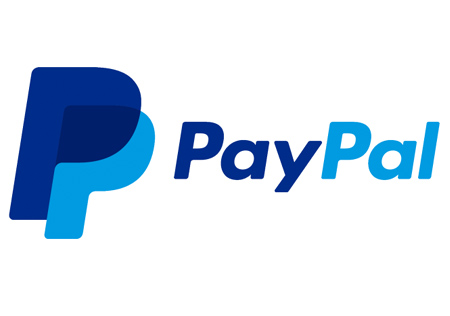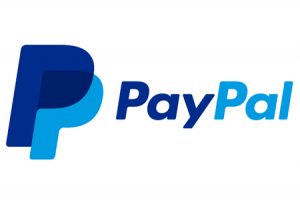
An online shopper by the name of Christian Sabol of Redondo Beach, California, is suing PayPal along with co-plaintiff, online shopper Samanthia Russsell, over “anti-steering rules” that they allege resulted in them paying higher prices for their purchases.
It appears to be the same online shopper Christian Sabol of Redondo Beach, California who sued Amazon in 2020 over its price parity practices under the “fair pricing” provision of its seller agreement that allegedly “severely penalizes sellers who offer lower prices outside the Amazon.com platform.”
In that case, still ongoing, Sabol and his co-plaintiffs alleged that Amazon’s Price Parity Provision (in effect in the United States until March 2019), and its Marketplace Fair Pricing Policy (enforced by Amazon from 2017 through the present) are designed to and have the intended effect of preventing the third-party sellers from selling their goods on other online sites at prices that are lower than the price of their goods on Amazon Marketplace.
The plaintiffs alleged that Amazon’s policies inflated the prices of goods offered for sale at online retailers other than Amazon. It’s been a long slog, with the lawsuit currently in the discovery phase, and the deadline for plaintiffs to file a class certification motion in the case (Case 2:20-cv-00424 in the Western District of Washington) is April 12, 2024.
In the PayPal case filed on Thursday, October 5 (Case 5:23-cv-05100 in the Northern District of California), the plaintiffs alleged they were overcharged for online purchases “because PayPal’s Anti-Steering Rules prevent merchants from offering discounts when consumers use payment methods other than PayPal, and otherwise inflate eCommerce prices across the board, regardless of payment method.”
They allege that, “while PayPal charges merchants the highest transaction fees in the industry (more than 3.5% per eCommerce transaction), PayPal-accepting merchants have agreed by contract that they will not use price incentives to steer consumers away from PayPal to more cost-effective payment solutions.”
The plaintiffs further explained their position, alleging:
“While PayPal’s Anti-Steering Rules have evaded antitrust scrutiny until now, their anticompetitive effects are not difficult to discern. Without them, merchants could competitively price transactions by the cost of the selected payments platform, allowing consumers to secure discounts at checkout. These discounts are foreclosed by the Anti-Steering Rules, which essentially fix a price floor for millions of products that eCommerce consumers can obtain with payment methods other than PayPal.”
PayPal provided a statement to media outlets, including TechCrunch:
“PayPal continues to put our customers first in everything that we do, and we take this responsibility seriously. We are reviewing the filing and have no further information to share at this time.”




